|
I've heard it said that you should never wish away a single day of your life. And yet I always find myself wishing away two whole months of every year of my life: January and February. I invariably wish those months would go away and drop me off in March. Preferable the middle of March. Truly, there's nothing I like about January and February in the Midwest. It's not that there's nothing to like about our winters: My point , though, is that even though there may be some nice aspects of winter, for me the freezing weather cancels them all out. I just can't stand the cold. At all. All winter long I feel like this: Cold from my fingertips to my toes, skin parchment-dry, fingertips cracked and bleeding, hair lying down and playing dead. Bundling up does nothing for my frozen extremities - layers of clothes over under armour sometimes leaves me sweating in the mid-section and cold on the nose, hands, and toes. Other times bundling up seems to have the same effect on me as wrapping a cold drink in one of those insulated drink wraps - it just keeps the cold inside. Kind of like in the movie "Frozen" when the heroine Anna is struck in the heart with a magic freeze ray and starts freezing to death from the inside out. I didn't really care for "Frozen". Just watching it made me feel cold. Though it seems to bother me more the older I get, the cold always bothered me anyway. When I was growing up my mother the nurse always believed that a cool home was healthier than a warm one, not to mention the expense of heating our big, old, Victorian-era house with its vintage fuel-oil furnace: And so I grew up cold but, alas, not especially healthy. Over every childhood winter as far back as I can remember I was, like some pale waif out of "Les Miserables", cold and sick and coughing from a chronic galloping upper respiratory infection that caused me to miss so much school it's a wonder I learned to read and add. One of the editors of my high school year book jokingly suggested that among my list of school activities should be written: "Likes to cough". Then I went off to college and got the bed next to the radiator in a warm dorm room and like magic I stopped being sick all winter. Since then I've been a fairly healthy specimen, even though the temperature of the home I currently inhabit is kept at a brisk 67-68 degrees all winter because a couple of years ago Tom and I, in a spirit of environmental responsibility (and when it happened to be in the middle of summer), agreed to a plan with the gas company to have a special doodad thermostat installed in our house that is supposed to keep the temperature at constant 68 degrees all winter except that in actuality the heat doesn't kick on until the temperature slips down to 67 degrees and only then is the temperature brought back up to the agreed-upon 68 degrees. A couple of times I've tried sneaking the temperature up to a civilized 72 degrees but the special doodad thermostat won't let me. So I'm still cold. And still wishing it were the middle of March.
7 Comments
I heard from Claire yesterday in an email that arrived 24 hours after it was dispatched. No matter, I was glad to get it. After their 30-hour flight from Boston Claire and her Partners In Health medical team arrived in Sierra Leone at the Freetown-Lungi airport located across the bay from Freetown in the coastal city of Lungi. The airport was patrolled by soldiers armed with hand sanitizer and thermometers and each passenger was given a health screening upon their arrival at the airport. From the airport Claire's team took a bus down a dirt road to the bay then took the 20-minute ferry ride across the bay to Freetown. Claire says that Freetown reminds her of Port Au Prince, Haiti, but with fewer people. When Claire's team arrived in Freetown on Sunday evening there were few people on the road and they were stopped by the police, who wished to know their business. There were Ebola information signs everywhere, mostly in picture form. On Monday morning the team began training with the World Health Organization in an abandoned sports stadium. Their trainers are a crew of Ugandan doctors well- experienced in fighting previous Ebola outbreaks. During the morning tea break Claire took a walk outside with some of her co-workers around the soccer field. Claire said it was a surreal scene, this empty, over-grown soccer field now the playground of birds and lizards, and a sad indicator of the plight of this soccer-loving country under siege by a virus.
In fact the descriptions Claire gave of the routine of life in Freetown did sound to me like a description of life in a war zone: the few people out and about, the warning signs everywhere, the prohibitions on public gatherings, the transformation of a sports stadium into a medical training facility, the police and military stopping people not to ask for their identification but to take their temperatures. Claire said that on Monday she had her temperature taken 5 times: Upon entering and leaving the Partners In Health Office, upon entering and leaving the WHO soccer-field training area, and by a soldier before she was allowed to enter a market. But then this is an enemy fought not with guns or bombs but with thermometers. In the wake of the Islamic terrorist attack last week on Charlie Hebdo and the murder of 12 of its staff members France, according to its Priime Minister Manuel Valls, has declared war "against terrorism, against jihadism, against radical Islam, against everything that is aimed at breaking fraternity, freedom, solidarity.” The rest of the world the world has stood in unity and solidarity with France in their resolve to fight terrorism. The only problem seems to be that as of yet no one's come up with a plan of action. Or rather, no one did until the war effort was joined a few days ago by one strange, though perfectly logical ally: Anonymous. For those who aren't sure exactly what Anonymous is - which is all of us - Wikipedia describes it as: "... a loosely associated international network of activist and hacktivist entities. A website nominally associated with the group describes it as "an internet gathering" with "a very loose and decentralized command structure that operates on ideas rather than directives." They're anti-establishment, anti-censorship, anti-internet regulation, anti-whatever anyone who calls him- or herself Anonymous chooses to be against. The membership rules are that anyone who calls themselves Anonymous is Anonymous. In other words, there really are no rules. Though the original pursuit of the Anonymous was to pull internet pranks which they called "lulz" (their lingo for LOLs), their current pursuit seems to have evolved into hacking into and disrupting websites of organizations, individuals, or activities that they are against, or promoting issues they support. But whether the Anons, as the group members are called, are activists for social justice or cyber felons depends on which side of the issue you stand. They've done protest hacks of government agencies and financial institutions, which is bad, and of the Church of Scientology, which some say deserved it. They supported WikiLeaks, which was mostly nasty, and the Occupy Wall Street movement, which was mostly well-intended. They've targeted child pornography sites, and the Westboro Baptist Church, a group known for its for its hatred of gays, Jews, Catholics, and for its harassment of the bereaved at military funerals. They are against copyright law, which is bad for writers like me who want our work protected, but it was good when they organized a protest march in Columbus in support of Carla Hale, a 57- year-old gym teacher who was fired after 19 years from Bishop Watterson high school for being gay. ...which Theresa and I thought was unjust and unkind. A few months ago they took up the cause of Michael Brown, the black teenager who was killed by a police officer in Ferguson, Missouri. A a few days ago Anonymous leapt back onto the internet, made the announcement, "We, Anonymous around the world, have decided to declare war on you the terrorists," and launched #OpCharlieHebdo with the promise that: "We will be crippling all terrorist outlet websites and terminating all terrorist social media accounts. We will dump personal information on every terrorist we come across. We will not sleep until we bring you to your knees". Since then Anonymous has been targeting terrorist twitter and faceboook accounts and has already brought down at least one French jihadi site, ansar-alhaqq.net. Some are cheering Anonymous on, some are willing to give these bad boys and girls of cyberspace the chance to step up and be heros, and some are declaring that Anonymous is out of their competence league, may only make things worse and are not to be trusted. Well, we'll see, right? In the mean time has anyone come up with a better battle plan? (N.B.: I didn't get Friday's blog posted until Saturday afternoon, so if you missed the previous post, "Je Suis Charlie", and would like to read it, just scroll down). My daughter Claire, an intensive care unit nurse at Northwestern Memorial Hospital in Chicago, took on the position of coordinator of the hospital's Ebola response team when Northwestern became one of 35 U.S. hospitals designated as an Ebola treatment center. But after months of practicing for an Ebola outbreak, she will soon be facing the real thing. Last night Claire arrived in Freetown, Sierra Leone, one of a group of nurses, doctors, and logisticians who like her, have enlisted to fight in the war against Ebola. They came with Partners In Health, the international social justice and health organization founded by Paul Farmer for the purpose of improving health care for the world's poorest people. Claire met the members of her group last Wednesday when she and they arrived at PIH headquarters in Boston for several days of orientation before leaving for West Africa. Like Claire, everyone in the group had previous experience working in health-impoverished countries, all seasoned veterans in battles fought not to take lives but to save them. On Saturday morning the group left Boston to embark on their 30-hour flight to Sierra Leone with layovers in Newark, Brussels, Senegal and Guinea. Claire's schedule has her training with the World Health Organization in Freetown through Wednesday, then she'll move to Port Loko, a town about two hours north of Freetown where she'll work in an Ebola treatment unit, though she may be moved around the country to other clinics as needed.
“The idea that some lives matter less is the root of all that's wrong with the world.” —Dr. Paul Farmer The French satiric magazine Charlie Hebdo lampooned - sometimes in vulgar, brutally offensive cartoons - public and political figures, as well as the government, the establishment, and all religions. When the magazine was started in Paris in 1970 under the name of Hara-Kiri it proudly adopted the subtitle "Bete et Mechant" - stupid and mean - and 45 years later many still considered Charlie Hebdo to be. The Catholic Church has sued the magazine 17 times for offensive depictions. The French government prevailed - unsuccessfully - upon the magazine not to publish inflammatory cartoons of the prophet Mohammed. But for all its vulgar provocation the magazine stood against racism, social injustice, greed, religious extremism, oppression, and, most of all, repression. No erring person or institution was untouchable for Charlie Hebdo. It was "Mad Magazine" on steroids. Charlie Hebdo had been a target of Radical Islam for years. In 2011 terrorists firebombed its Paris office and editor Stephane Charbonnier was on Al Qaida's most wanted list. And yet Charlie Hebdo continued to skewer the deserving. Editor Charbonnier once said, "I'd rather die standing than live on my knees". He also made the point that no one who didn't like the magazine was forced to read it. Islamic terrorists thought they'd killed Charlie Hebdo when they murdered 12 people in the Paris office last Wednesday. And they might well have, as they took the lives of Charlie Hebdo's editors and four most famous cartoonists. Two of the cartoonists, one 76 years old and another 80, had been drawing for the magazine since its founding in 1970. But extraordinary things have been happening since that terrible event. People all over the world have been uniting in solidarity with Charlie Hebdo. People who normally would have found the magazine offensive are expressing outrage and grief. The Parisian Muslim community, always critical of the magazine, has expressed sorrow for the killings. A number of French newspapers including Le Monde have rushed to the aid of the surviving staff of Charlie Hebdo, offering financial and logistical support so that the paper might continue. France Television and Radio France have offered any help that is needed of them and the French Ministry of Culture has met to develop a plan to offer support for the continuation of the magazine. Cartoonists from around the world have been expressing their grief and their defiance by drawing cartoons in support of Charlie Hebdo, vowing to produce hundreds of satiric cartoons for every one lost by the death of Charlie Hebdo's artists. And we the rest of the world have been showing our solidarity and our sorrow for those whose lives were taken and voices silenced in the words "Je suis Charlie" - I am Charlie. Because, in truth, we are all Charlie. We all want and are entitled to freedom of expression that does no harm to another and as allowed by the laws we've collectively created. I believe that the Charlie Hebdos, Seth Rogans, Matt Stones and Trey Parkers of the world are entitled to their voices as we all are. And so, as18th Century French satirist Voltaire, the Charlie Hebdo of his day, expressed it, "I do not agree with what you have to say, but I'll defend to the death your right to say it." None of us wants our voice silenced and a threat to one is a threat to us all. As for me, I agree that much of the artwork of Charlie Hebdo was mocking and provocative. But I also believe that any leader, any group or organization that practices or preaches tyranny, oppression, injustice or harm deserves to be mocked and provoked. And so I, too, say: *We are all Charlie ...Continued from yesterday: On Monday morning my West Coast visit came to its end, ...I left for the Portland airport for my trip home. Now, maybe it was Karmic payback for having spent the weekend in such a state of useless, self-indulgent binge-movie-watching, face-stuffing, couch-potatoing nirvana (see yesterday's post), or maybe it was just in line with the ancient Roman mythological belief that the god of fortune carries two urns, a white one which pours out good luck and a black one that pours out bad and that he attempts to pour into everyone's life about the same amount but sometimes, since the urns are heavy and unwieldy, he ends not pouring exactly so one might get more of one kind of luck than the other, but everybody's going to eventually get some of each and so maybe it was my turn to get dumped on from the black urn, or maybe it was just the way things go when you opt to fly across country in January weather, but anyway, my flight back was terrible. All right, maybe not terrible in the grand theme of things, and in truth I've spent much worse nights than I did being stuck in a plane on a Chicago airport runway for 3 hours as I was last Monday night. But what I'm saying is, my trip from Portland home to Columbus was not among the creme de la crop that I've experienced. Not even because the plane's take-off was delayed for 5 hours. But because we, the passengers, were constrained to spend 3 of those hours waiting on the plane! Why on the plane? But I'm getting ahead of my story. It was an inauspicious journey from the start, when I got in the wrong check-in line at the Portland airport. I thought I was flying Air Alaska, but when I reached the check-in desk after standing in a long line for a goodly amount of time the agent told me in a most sorrowful tone that I needed to proceed to the other end of the terminal to the United check-in, which I quickly did, But it was okay, I had enough time to stand in two long check-in lines and still make my flight to Chicago, where I was assigned the window seat of a three-person row. Now I know some people prefer a window seat but me, I like aisle seat. Easier to get out for a bathroom break, a quick walk or some vertical yoga stretches in the aisle. If you're stuck at the window that's two people you have to climb over to get out. This wasn't a problem initially, as I settled into a nice snooze, as I usually do shortly after take-off. I woke up about an hour later ready for a bathroom break but the young man next to me had not yet awoken from his snooze. Two hours later he was still slumbering and appeared dead to the world, earbudded and his baseball cap pulled low over his eyes. And I was reaching the point of critical mass. I finally had to wake him up, which turned out to be no easy feat. If I'd known he was going to be so deeply ensconced in the embrace of Morpheus (the Greek god of dreams, not the Matrix guy) I'd have suggested that he and I switch seats at the start and saved us both the grief. So that was my Portland-Chicago flight. By the 9:05 pm, boarding time for my 9:35 pm Chicago-Columbus flight, O'Hare was snowed in, iced in, or frozen in. Most of the planes were cancelled, but initially mine was just delayed. First for fifteen minutes, then for another half an hour, then for another, then we boarded, then we deplaned and were told that we'd re-board in an hour. So with an hour to kill I decided to walk around and seek out some nourishment. With so many flights cancelled there was a line that ran from here to eternity to the United Customer Service counter, where people stood holding boarding passes and pink cards that I imagine identified them as the unfortunate cancelees. It was after 11:00 pm and there were many hundreds of quietly anxious-looking, cell-phone-transfixed, exhausted-looking people, including many small children, standing in that line. But of all the people in line there was only one individual who was kicking up a fuss, a young guy attired in the classic hipster garb of tight-fitting black shirt and black skinny jeans, black sneakers, ironic longish hair style topped by an ironic black pork pie hat. He was flailing around and yelling and cursing into his smart phone about there being no excuse for this at such a *$%# big airport and why doesn't somebody do something. I felt like going up to him, putting my hand on his shoulder and saying, "Son, let it go. Your arms are too short to box with God." Though most of the airport stores were now closed a few of the quick-stop convenient stores had decided to stay open to accommodate the weary travelers. And so I was able to snag the perfect near-midnight comfort snack:
After the therapeutic hour delay our plane began boarding.
After a half hour later the captain announced that we were just waiting for the plane to be de-iced, which should happen in about ten minutes. Another 45 minutes of so later the attendant announced that the cabin lights were now being turned off to ready the plane for take-off. 20 minutes later the attendant reminded us to buckle our seat belts and be sure our tray tables were upright. And so it went, as we waited and waited while the attendant broke up the time now and then with very specific announcements about our status that kept us in a state of hopeful expectation that the plane was about to leave any minute. That must be a little psychological trick they teach in flight-attendant school. At one point I asked the attendant if it was okay if I used the bathroom. He frowned and sucked in a big breath, looked back at the pilot's deck as if wondering whether he'd take off before I got back, then finally said, tersely, "Well, okay. Here, you better use the one up front," as if there wouldn't be time for me to make it to the economy class bathroom at the back of the plane. Finally the de-icer appeared outside and did its thing to our plane. the de-icing took about half an hour, after which our by now personna non grata flight attendant announced that some de-icing fluid had gotten into the probe (whatever the probe is, but it sounded important) so we had to wait a little longer while the mechanics cleaned it out. Frankly, I don't know why the attendant had to share that. Anyway, the plane finally took off and delivered us from Chicago to Columbus, Ohio safe, sound, and bedraggled at 4 am. Now, I just want to say that I don't hold it against the airline that the weather caused a 5-hour flight delay. I believe that, plan as we will, our lives are ultimately ruled by microbes and Mother Nature. But why, why, why do the airlines make us wait sitting for hours on a plane when we could be waiting in the terminal, not swank accommodations by some people's standards, but many cuts above sitting immobile in a plane seat. Just give me a reason, just a little bit's enough. Then I can learn to love again. ...Continued from yesterday: So then on January 2 I flew from Los Angeles to Portland to visit Romaine for the weekend before returning to Columbus on Monday. I arrived in Portland on Friday evening, and as Romaine's sweet poochie, Luka, had just had surgery that day, was feeling not great and had to wear, as Romaine calls it, "the cone of shame", poor guy: ...we didn't want to leave him alone so we decided to spend the weekend staying home, eating, and - my personal favorite - watching movies. Which was not an unpleasant prospect, as Portland was in its season of incessant winter rain, and Romaine's house is so lovely and cozy (see post from 8/25/2014). And this time it was lovelier still since she'd had her living room painted a deep turquoise blue: Old shade New shade The living room looked awesome, as did the rest of her house (Again, see post from 8/25/2013 for more photos of Romaine's house). In honor of my visit Romaine had stocked up on my favorite Portland delicacy, ...which I feasted on as we settled in, me on the couch and Romaine on her favorite old lazyboy that she calls her "Archie Bunker chair", to wrap ourselves in blankets and begin our movie binge. We started Friday night with an old 1963 Frank Sinatra movie showing on TV called "Come Blow Your Horn". It was actually really good, a comedy of errors about an aging ne'er-do-well womanizer: ...who can't get out from under the thumb of his over-bearing (and funny!) parents. Saturday morning Romaine invited some friends over for brunch, another pleasant activity suitable for a rainy Portland day: The food was so good, we had a spinach, tomato, red pepper and avocado salad, a fruit salad with a honey dressing that one of Romaine's brought, an out-of-this-world mushroom quiche that Romaine picked up from a local bakery ...and the brunch piece de la resistence, these La Provence pastries: Were they every bit as heavenly-tasting as they looked, even more so? Ohhhh, yeah! After brunch, with the rain still falling outside, Romaine and I settled in again to take up where we left off on our movie-marathon. We spent the remainder of Saturday munching on brunch left-overs and watching: 1. "Frozen" - Amazingly, I hadn't yet seen it, and now that I have seen it I have to live with the burden of being the only gal in the galaxy who is left cold by "Frozen." But I guess I should just let it go. 2. "Breakfast On Pluto" - A story about a transvesite from a small town in Northern Ireland who was orphaned as a child and who goes to London to find himself and his mother. A film only for the very arty. 3. "Hot Tub Time Machine" - The story of three middle-aged losers who get into a hot tub which inexplicably takes them back in time where they do all kinds of things that make no sense, then when the hot tub returns them at the end of the movie they're not losers anymore, but are rich and successful and have beautiful wives, though the movie doesn't explain how that happened, either. Don't worry, I didn't spoil it. Trust me. We started off Sunday watching "Saving Woodstock", an interesting and engaging flick about how the 1969 Woodstock music festival came together. By the middle of the afternoon we were running low on provisions, having finished off most of the previous day's brunch left-overs, so I volunteered to make a food run. I was ready to give the couch and the TV a brief rest, anyway. So I ventured out into the rain, ...though I must admit, if there's any place that looks cheery in the rain, it's Portland: ...and brought back food from the Laughing Planet, a great little eatery: ...as well as a few sides from Zupan's, the corner grocery store: Now that we were re-stocked and ready to resume our watching, I suggested that Romaine should see "The Interview," as it had become a cultural (or lack of culture) icon of our time. I kind of wanted to see it again to see if I'd like it any better or worse watching it minus the hype, which has evaporated with the turn-over of the 24-hour news cycle, as had the patriotic agenda that hung on the film when it came out two weeks ago. So we watched it and came up with this analysis of "The Interview": it's a (mostly) hysterically funny movie up until about the last 15 minutes. Then the last 15 minutes are so bad and leave such a bad taste that you forget about how funny the first hour and a half was. And so you go away thinking you've seen a really lame movie, when you've really only seen a lame 15 minutes, but the 15 minutes came at the end. Or, as Romaine observed, "The first part of the movie is cheezy sophisticated, the ending just plain cheezy". Thus the whole movie comes off as cheezy. Maybe it was all the talk about cheese that put us in the mood for pizza, so Romaine ordered us a veggie deluxe from a local pizzeria called Hammy's: It was over-the-top delicious and the perfect accompaniment to our last movie of the weekend, that great classic, "Men In Black".
Ah, the guilty pleasure. Ride #1:
I flew into Los Angeles from Columbus. My 7 ½ hour cross-county flight was fine. My 10-minute taxi ride home from the airport was dreadful. My driver was rude, drove like a crazy jerk, was minimally helpful with my luggage and complained of the money he would lose on me because mine was too short a trip and I was paying by credit card. Motivated by a guilt-tinged desire for conciliation mixed with a vague message from my over-active imagination that this guy who now knew my destination could be an operative for a taxi company run by the Russian mob, I left this nematode taxi driver a $10 tip on a $20 fare and hoped he’d stay away. Ride #2: This afternoon I left Los Angeles for Portland, Oregon to visit my sister Romaine. My host called an Uber car from their smartphone to take me from their house to the airport. For the uninitiated, Uber is a car service that resembles a taxi company in that it involves the dispatching of vehicles which for a fee transport people from one point to another. One establishes an account with the Uber network then beckons a car via a smartphone app. When one orders an Uber one is informed of the price, which fluctuates according to the demand at the moment, and how many minutes away the nearest Uber car is. The cars are privately owned. Payment is made in advance online when the car is ordered so there is no paying the driver and there is no tipping involved. When my host ordered my Uber they were informed that it would arrive in seven minutes and precisely seven minutes later my ride pulled up, a spacious Ford Flex. My driver was middle-aged, neatly dressed in business-casual and was helpful, courteous and friendly from the start. When I asked him how his day was going he said very well and asked me how mine was going. He said he hoped I’d given myself plenty of time to get the airport as he’d been driving back and forth all morning and the airport was crowded and traffic was slow. He was right about the traffic. What was usually a10-minute trip this time took almost 25 minutes. The driver and I chatted away the time. He told me that he was originally from Buenos Aires, Argentina, but that he’d lived in Orange County for the past 34 years. He has two grown children, a son who is a software engineer in Los Angeles and a daughter who just received her journalism degree from NYU and now lives in Brooklyn. My driver and his wife recently moved from Orange County to Torrence, close to where his son lives. He’s been an Uber driver for a month and a half. When I asked him if he’d driven a taxi previously he laughed and said, “No, I never drove for a living before.” Not wishing to pry too much I didn’t ask him what he did before he was an Uber driver but when I asked him how he liked driving he smiled and said, “It’s pretty good work.” I did ask him some questions about Uber, though, which he was glad to answer. I learned from him that the Uber company receives ride requests from a smartphone app then sends each request out to a nearby driver. Uber drivers use their own cars and can drive as much or as little as they feel like. They receive 80% of every fare and Uber receives the rest. “It’s pretty good money,” said my driver. At one point while stuck in the airport traffic I glanced at my watch and felt a stab of anxiety. I believe I started unconsciously twisting my purse strap. “I hope I make it on time,” I muttered distractedly. “Here,” said my driver, proffering me a container of candy that he pulled from the compartment between the seats, “have a chocolate? Or a mint?” I was touched and amazed by a driver who kept candy on hand to calm nervous passengers. I declined his offer, though. “How about a bottle of water," he then offered, "I have some in the back.” I thanked him profusely but again declined. He asked me about my visit to Los Angeles, my children, and how driving in Columbus compares to driving in Los Angeles. I told him that in spite of the greater volume of traffic I found Los Angeles drivers as nice as Columbus drivers, unlike drivers in Chicago and New York. He laughed again and told me that the drivers in Buenos Aires were the worst in the world. Finally we arrived at my terminal where my driver unloaded my luggage and hauled it up to the sidewalk for me. The ride cost $14. I offered my driver a $5 tip but he refused, telling me that tipping wasn’t at all necessary. But I insisted and told him to go have a Starbucks on me. Once again he laughed and accepted my gift of a coffee. So those are my two ride experiences, one in a taxi, one in an Uber car. I know that as of right now Uber is under fire. According to Wikipedia: “Uber is the subject of ongoing protests from taxi drivers, taxi companies and governments who believe that it is an illegal taxi cab operaation that engages in unfair business practices and compromises passenger safety. As of December 2014, protests had been staged in Germany, India, Spain, France, and England, among other nations, while incidents involving passengers have been documented. In December 2014, Uber was banned in Spain, and two cities in India, and continues to be involved in disputes with several governmental bodies, including those of the U.S. and Australia”. As for me, I’m thinking of buying myself a smartphone. The day before yesterday the subject among Angelinos (as citizens of Los Angeles are known) was the glorious weather. Earlier in the day I'd gone on a shopping trip to Ikea. The person standing in front of me at the check-out line looked out the store window at the overcast sky and the palm trees swaying in the wind. "Oh," she cried, "Is that rain?" Indeed it was, and the folks I talked to couldn't have been happier for this cold, wet, rare Southern California day. Because, along with the rest of the state, Los Angeles has been in the grip of a severe drought for going on three years. Though known for it's balmy, sunny, Mediterranean-type climate, Los Angeles does normally have it's rainy season during the winter months. The winter rains feed the Sierra Nevada Snowpack - the precipitation trapped in the Sierra Nevada Mountains in the form of snow - which then melts in the spring and supplies Los Angeles with a third of it's water supply. But because of the lack of rainfall for the past few years the snowpack is currently at only 12 percent of its normal volume. And so Los Angeles is dry, dry, dry and the citizens continue to be under some water-use restrictions and have a constant reminder of the drought in the brownness of the hills and palm trees. In some California counties where the drought has reached critical levels residents who break the water restrictions face strict fines and may even be required to go to "water school," classes that provide instruction on how to conserve water. And so the rare downpour was a cause for elation. And for some, wonder. "It was like they were seeing unicorns," said one woman as she described how her two little daughters, aged 3 years and 18 months and born into the drought, stood looking out the window at the first rain they'd ever seen, entranced by the water streaming down the window pane. "It was magical for them," she said. But the magic didn't last. By the following morning the rain had dried up and the sky had returned to its clear California cerulean blue: Sadly, there's no rain in the Los Angeles forecast anytime soon. And so until the Lord sees fit to restore the rainy season to this patch of the planet, I guess Californians will have to settle for practicing water conservation and consoling themselves with bright blue skies and dazzling sunshine. |
"Tropical Depression"
by Patti Liszkay Buy it on Amazon: https://www.amazon.com/dp/B0BTPN7NYY "Equal And Opposite Reactions"
by Patti Liszkay Buy it on Amazon: http://amzn.to/2xvcgRa or from The Book Loft of German Village, Columbus, Ohio Or check it out at the Columbus Metropolitan Library
Archives
July 2024
I am a traveler just visiting this planet and reporting various and sundry observations,
hopefully of interest to my fellow travelers. Categories |

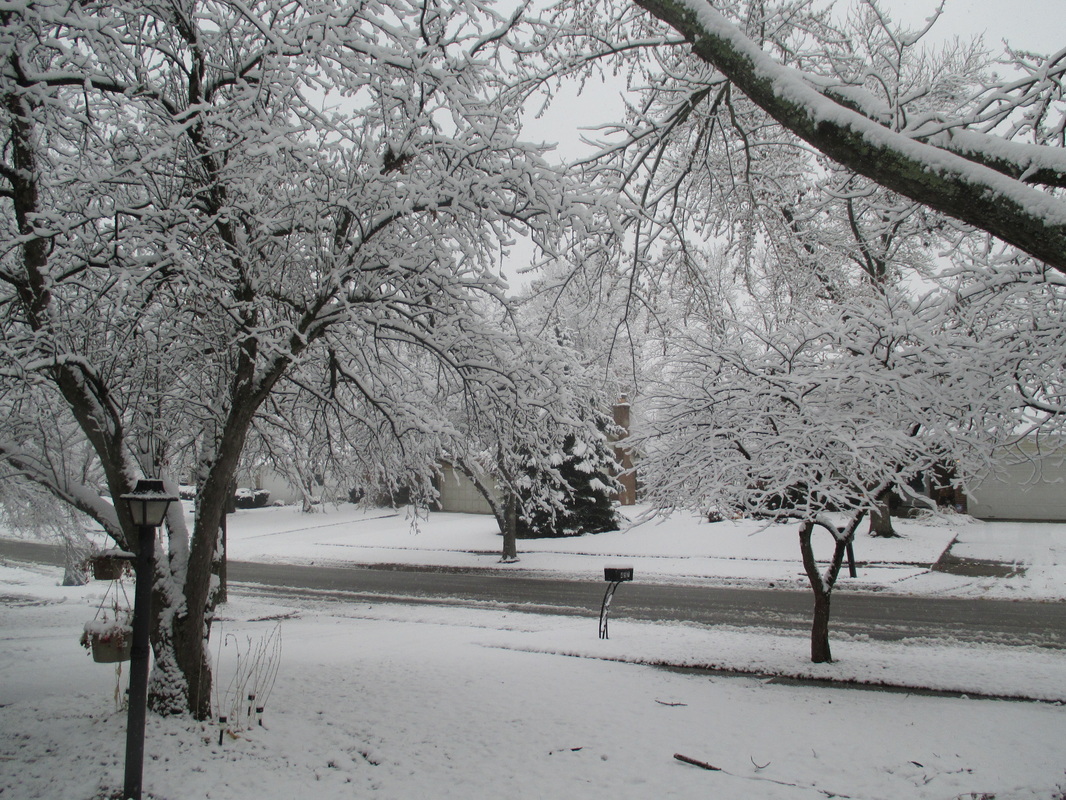
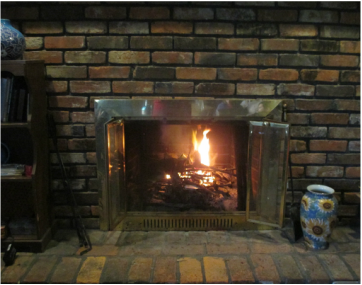
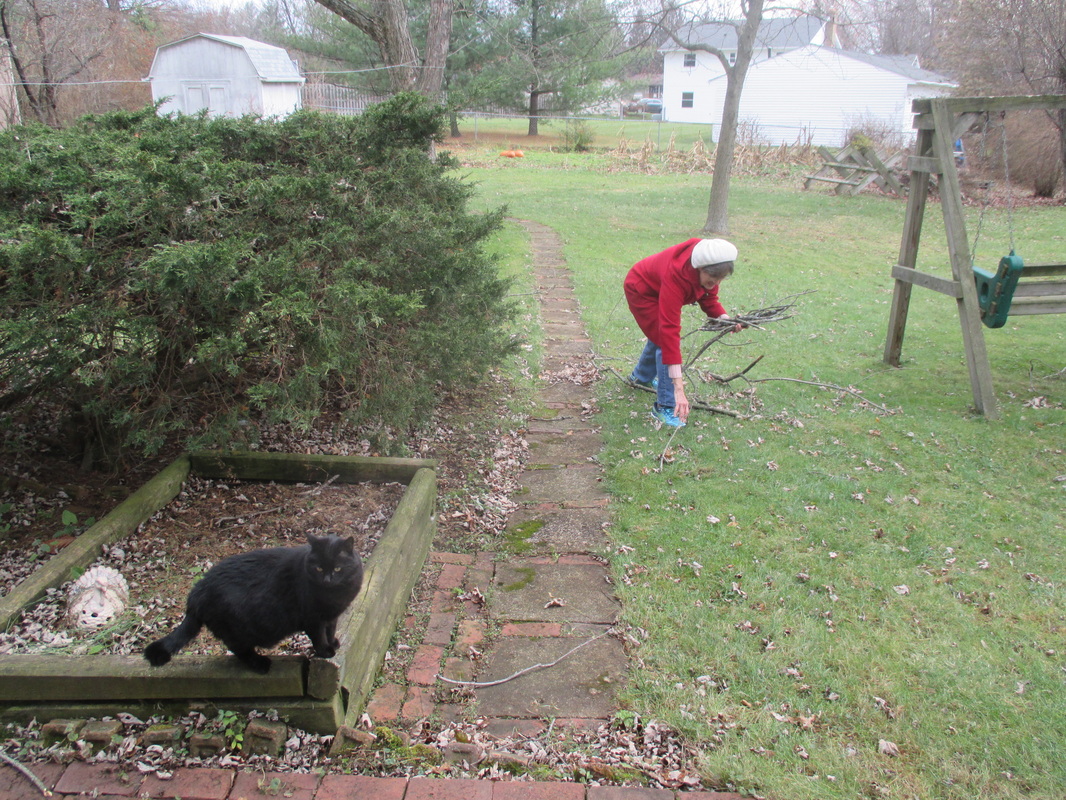
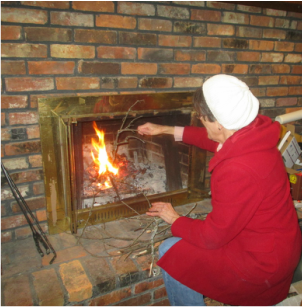
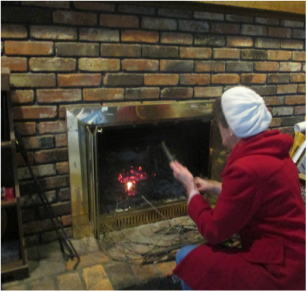
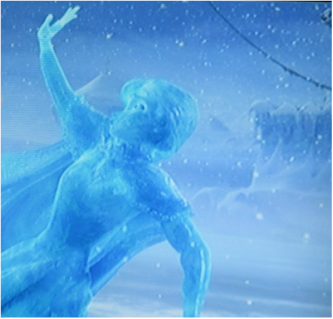
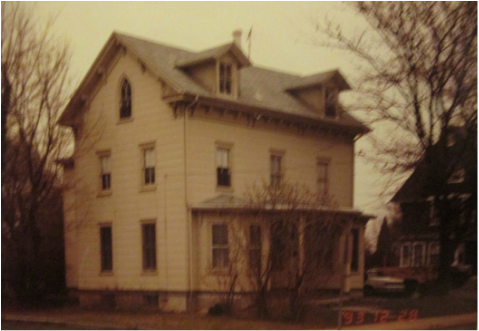
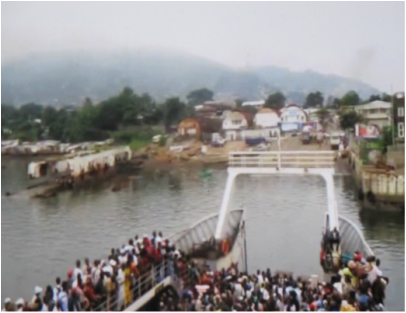

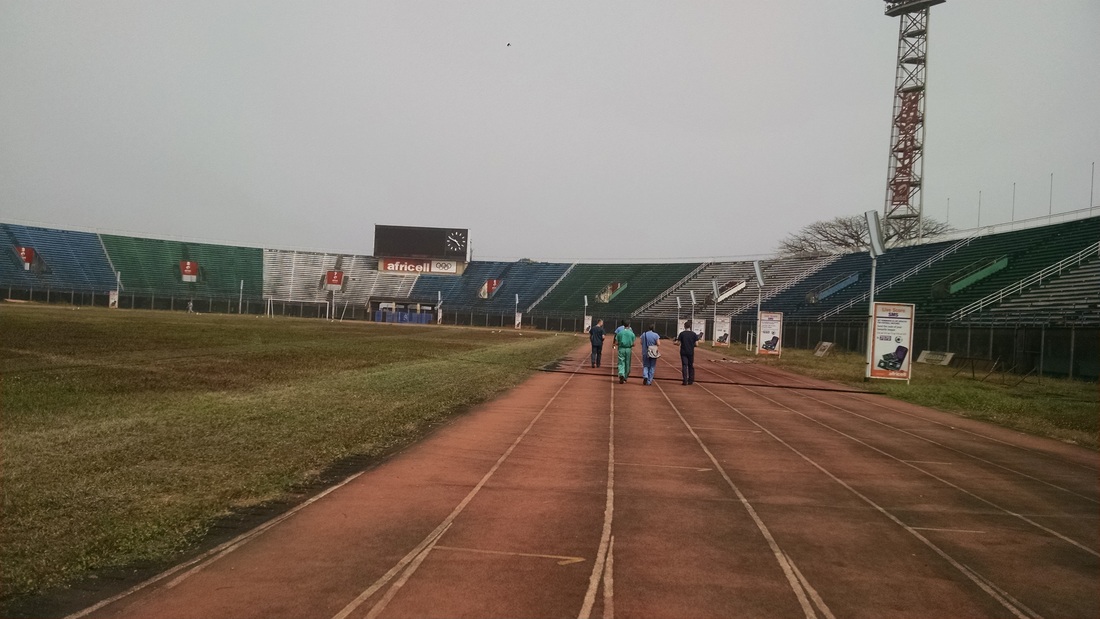
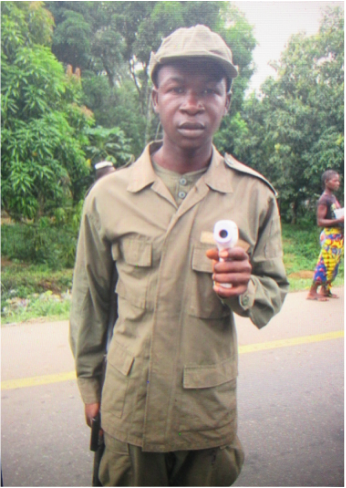
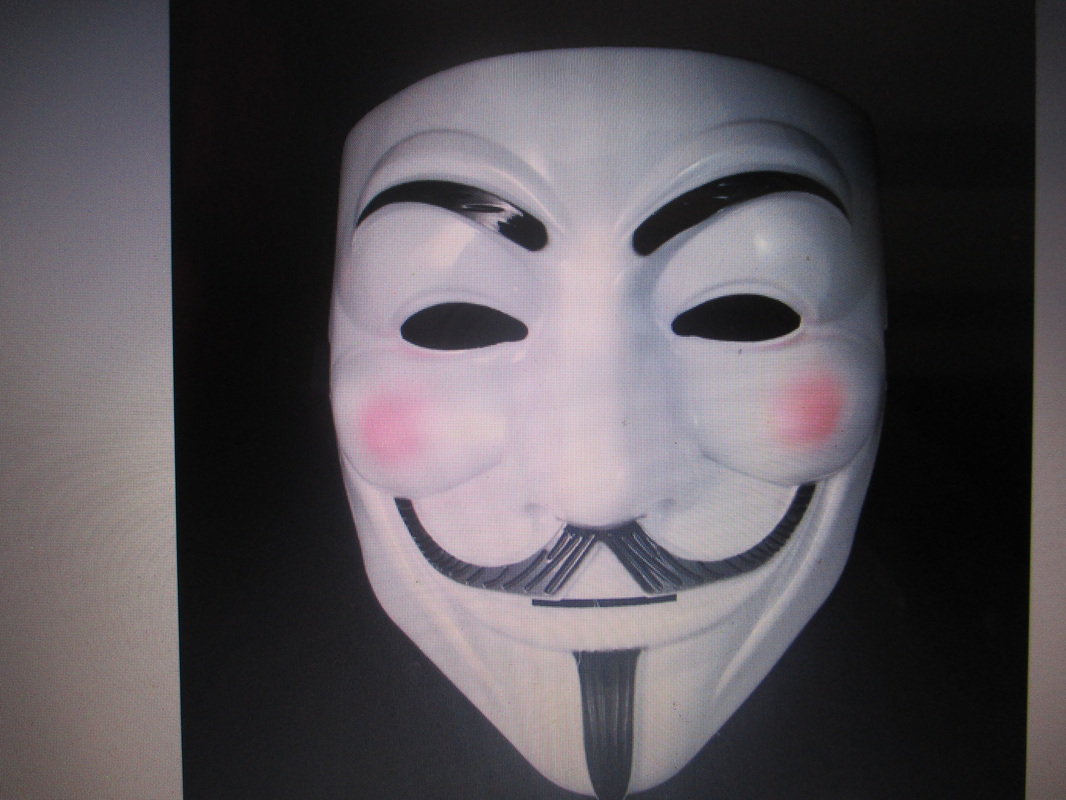
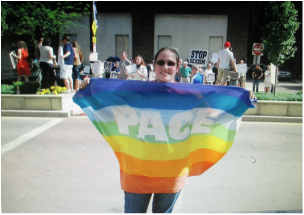
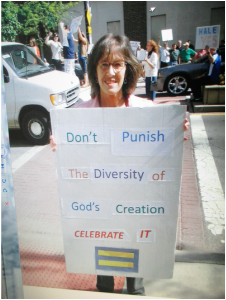
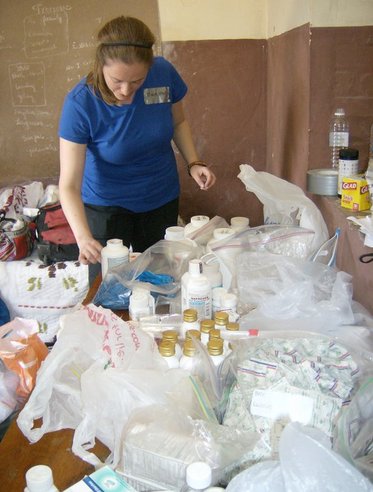
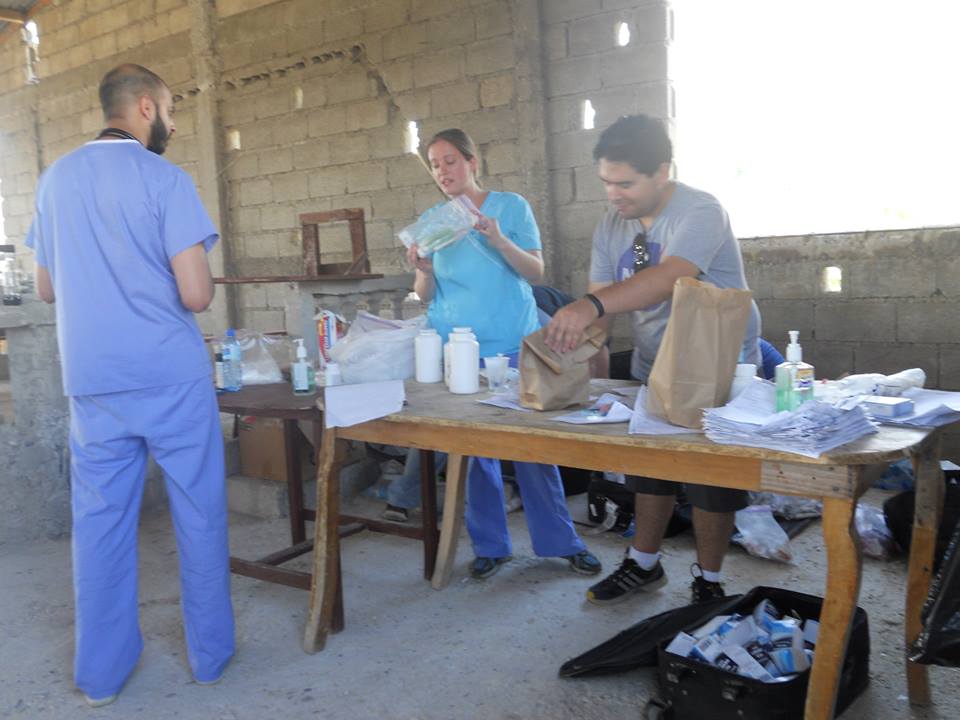
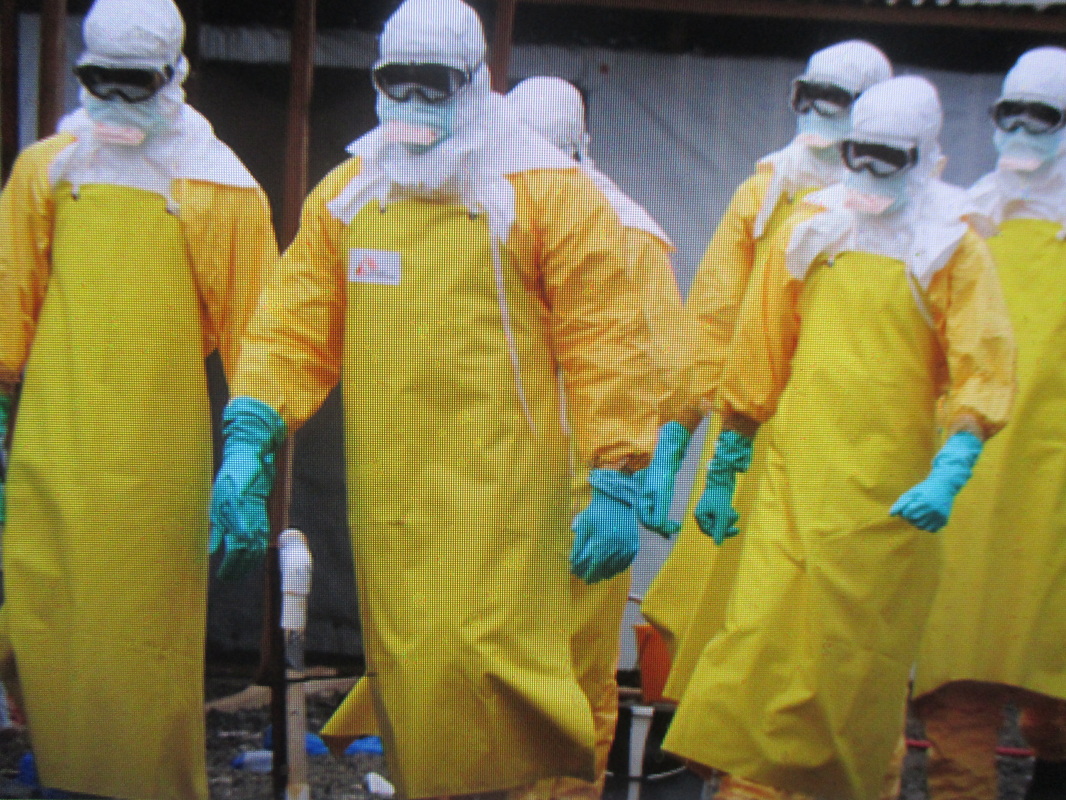
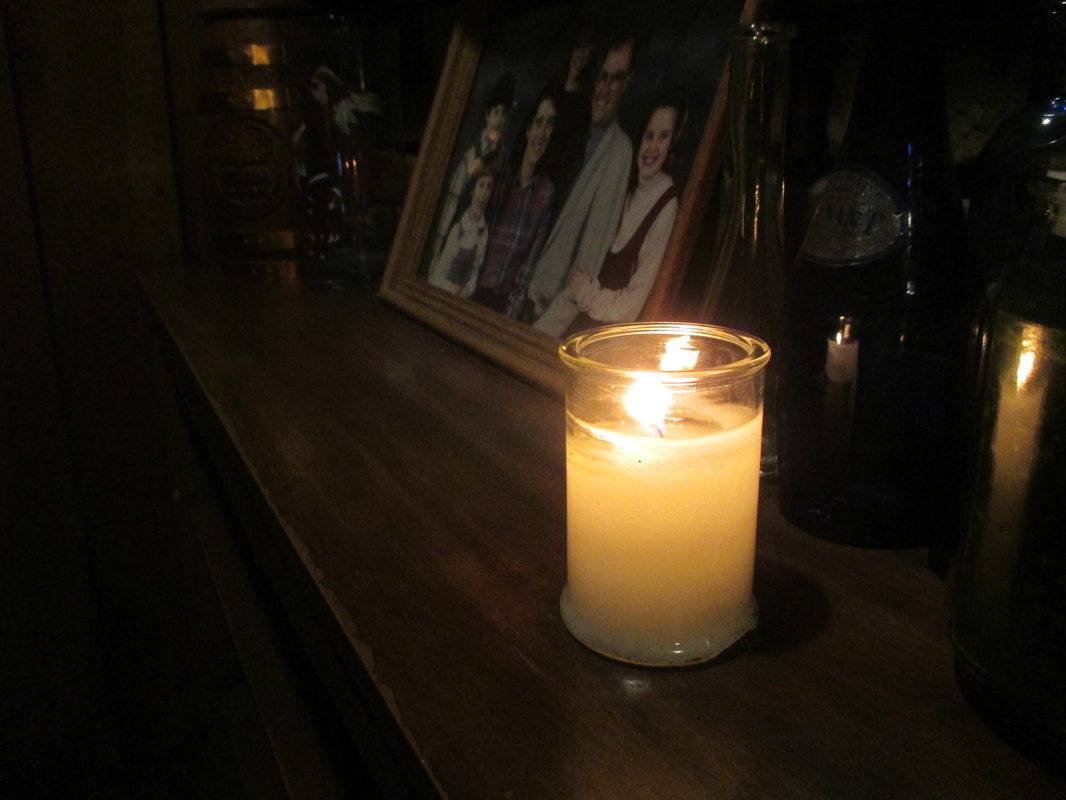
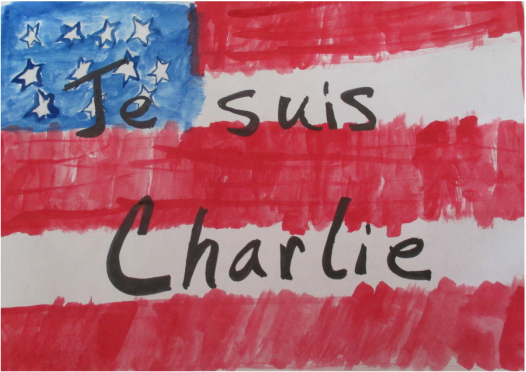
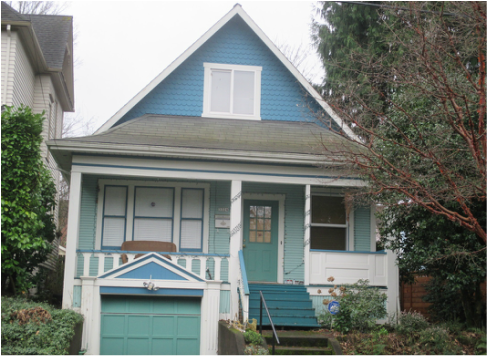
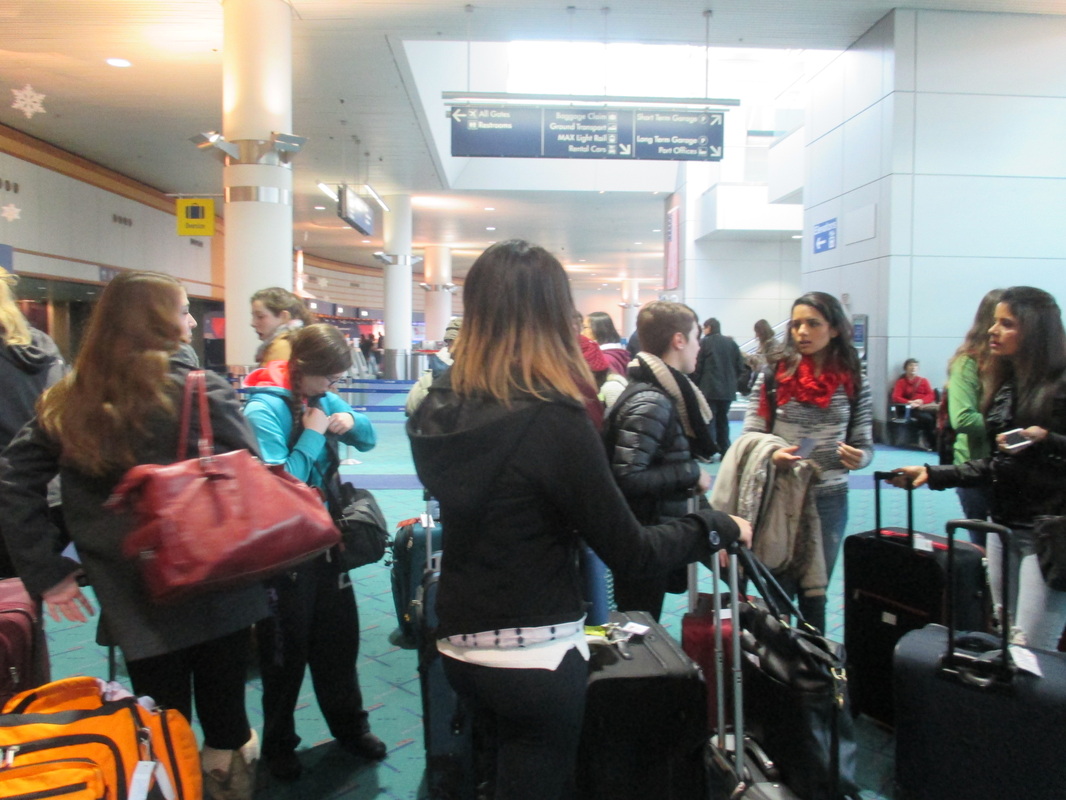
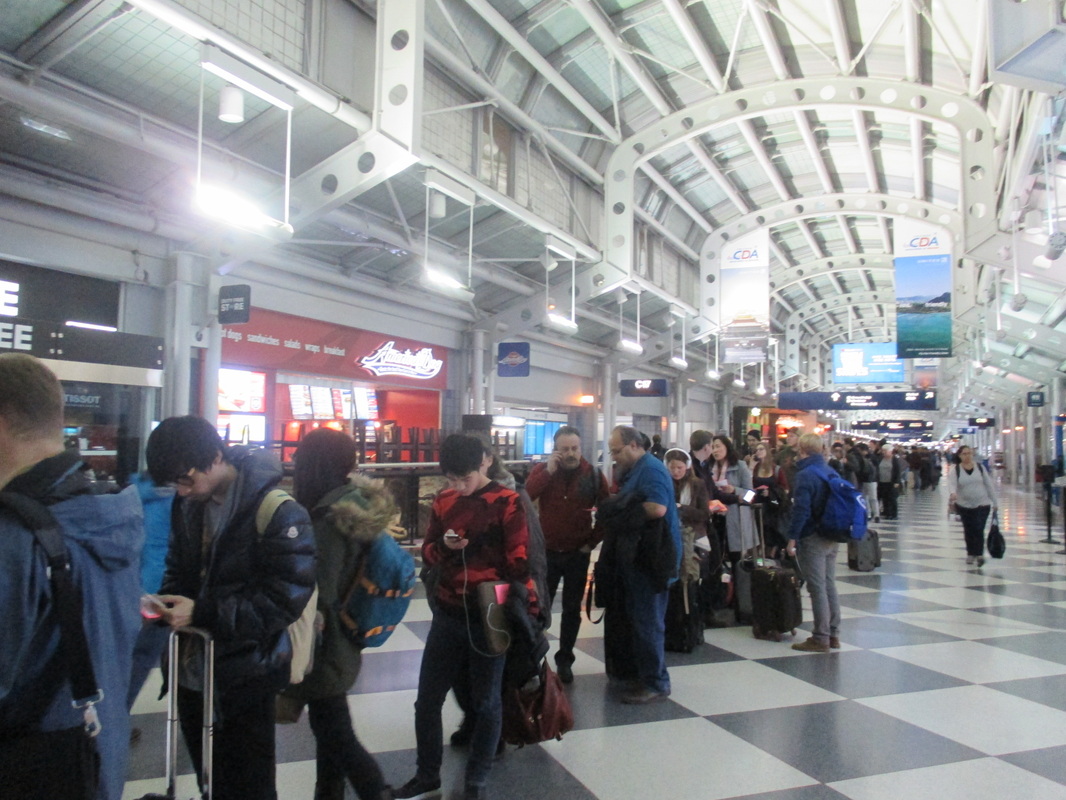
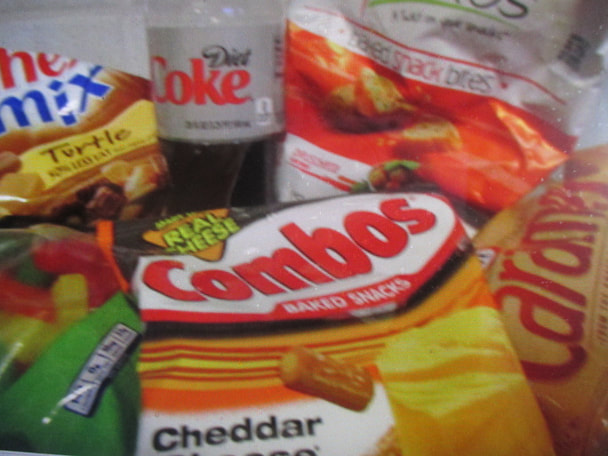
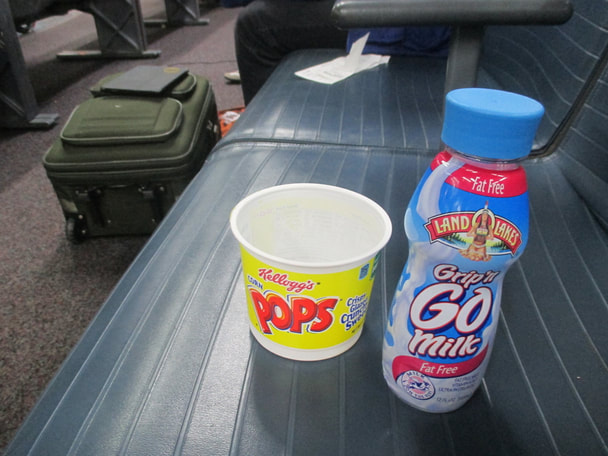
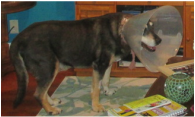
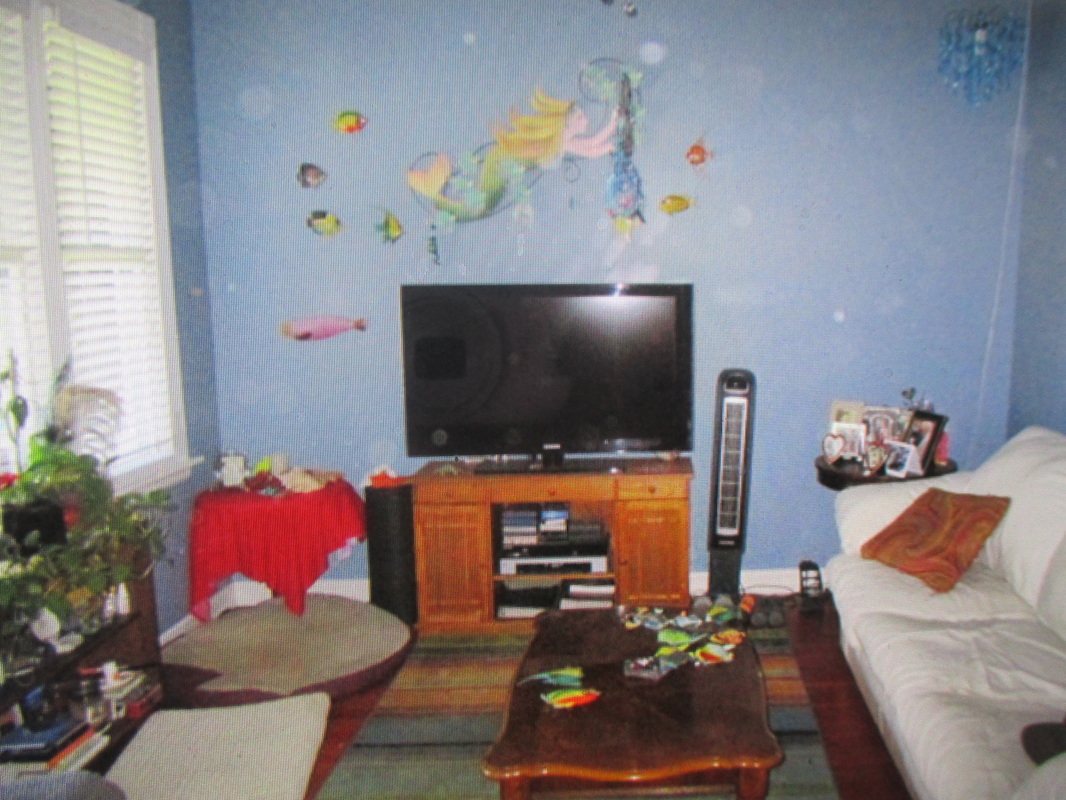
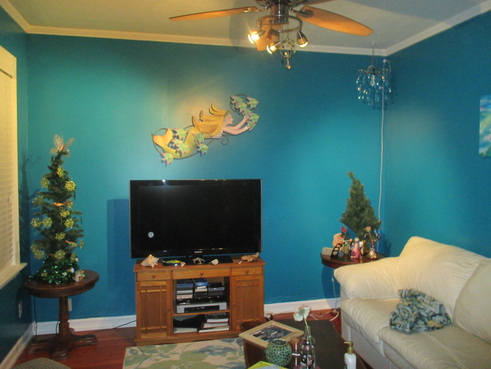

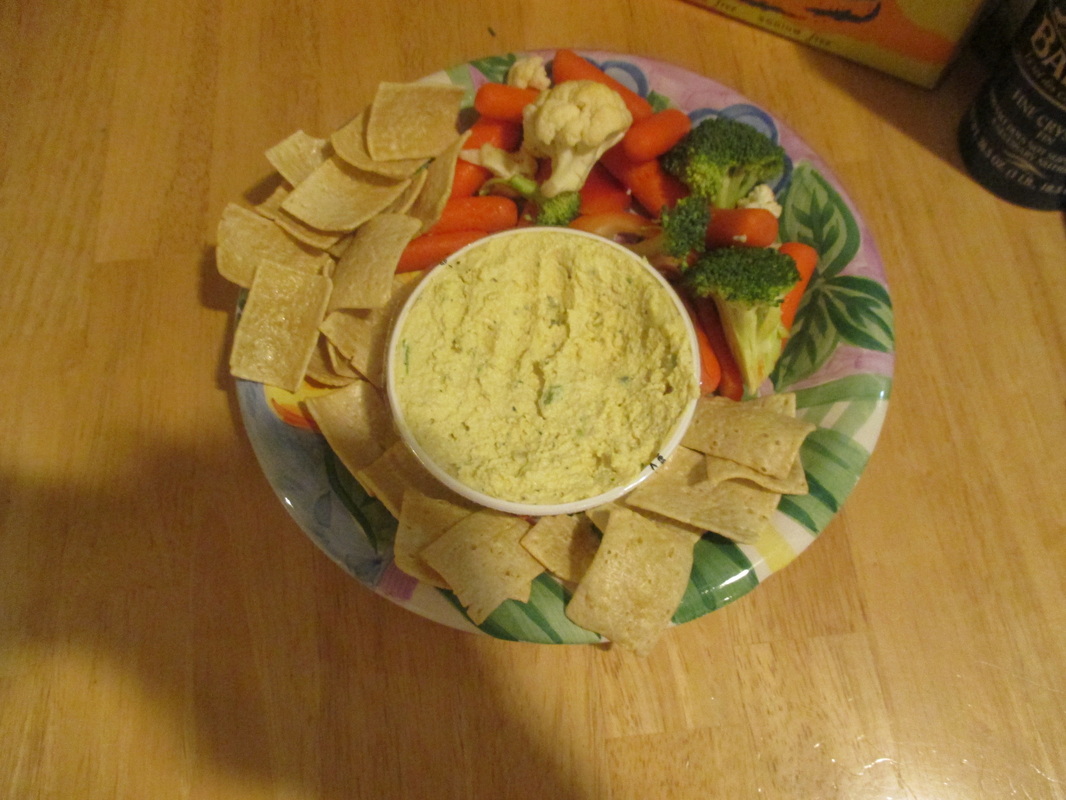
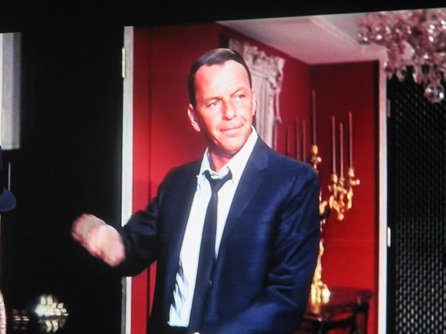
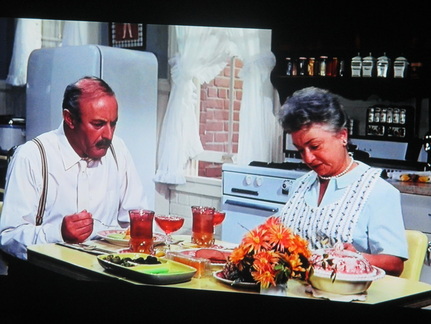
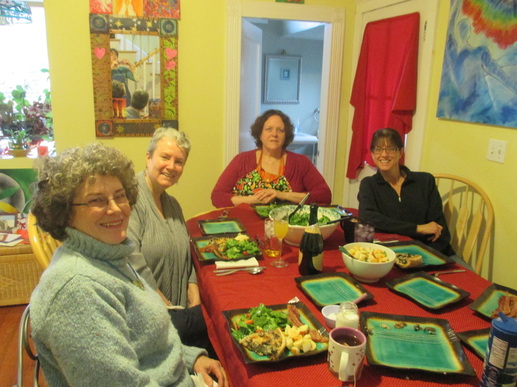
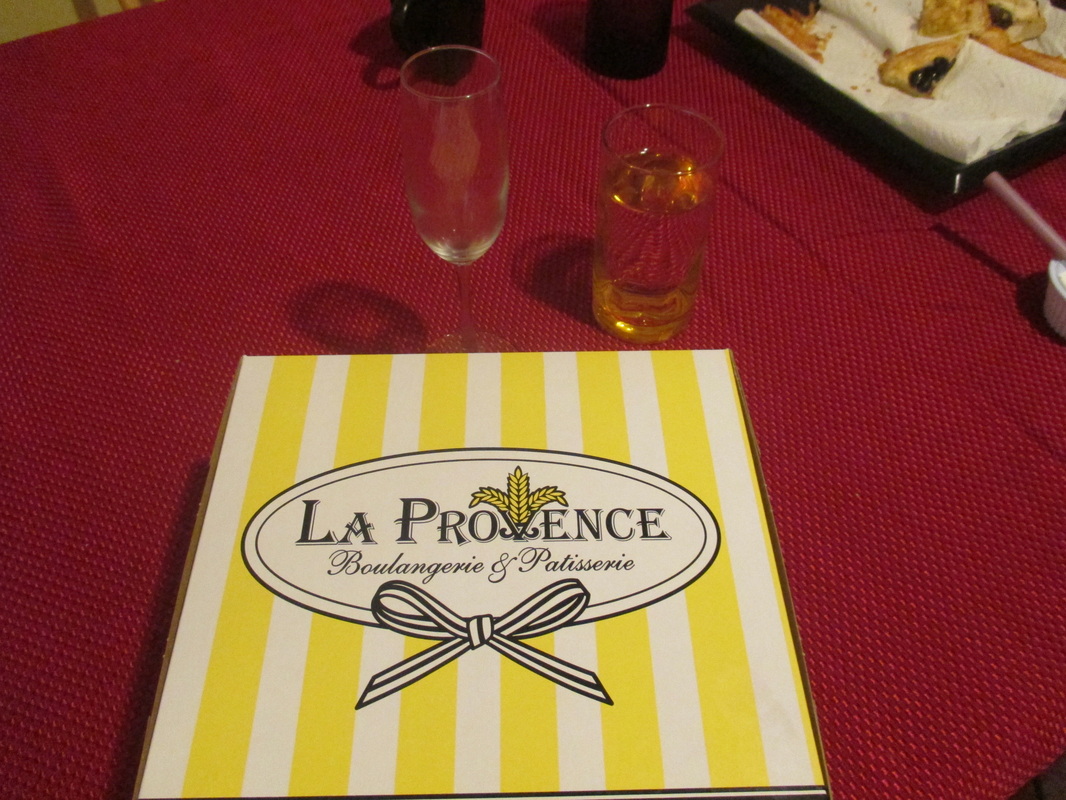
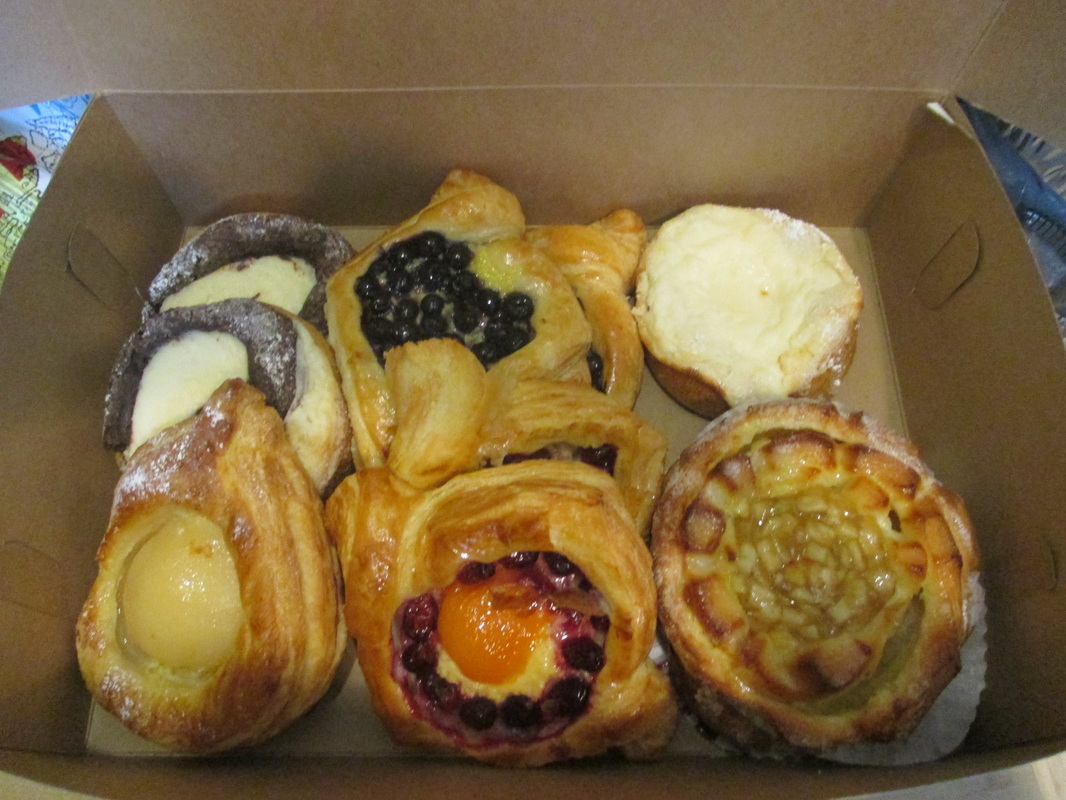
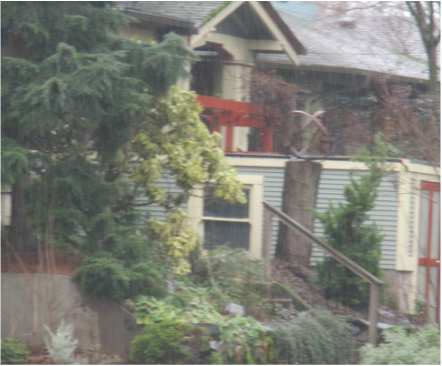
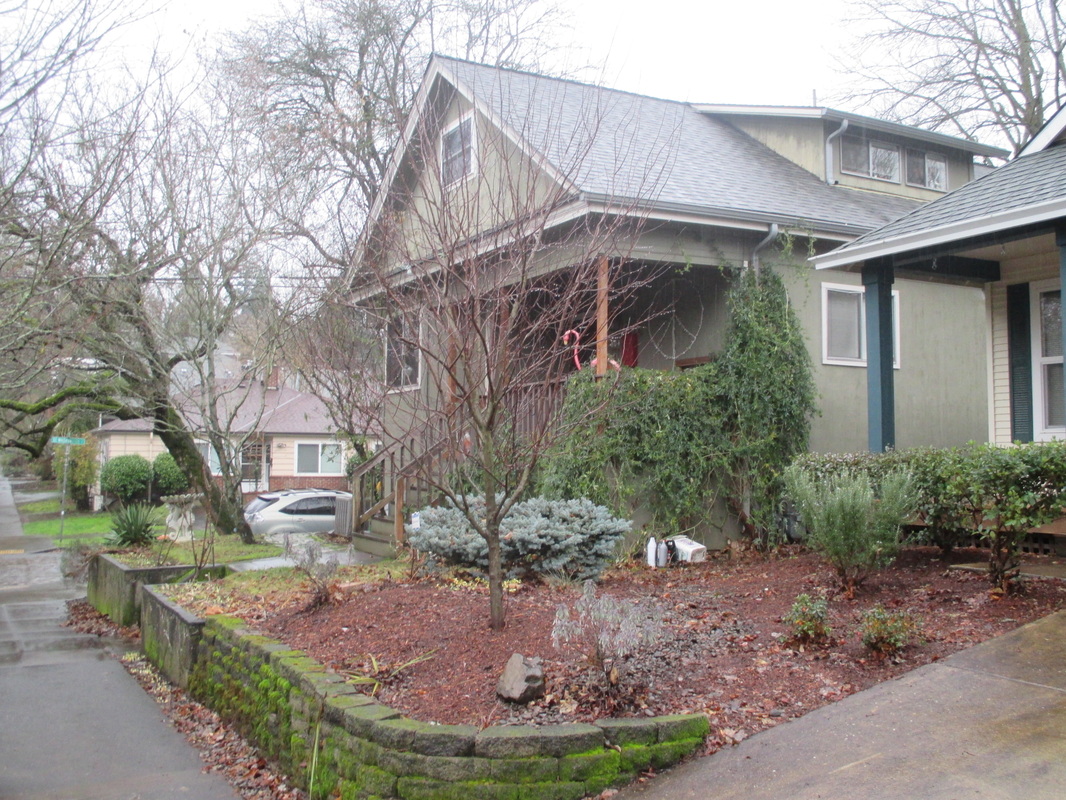
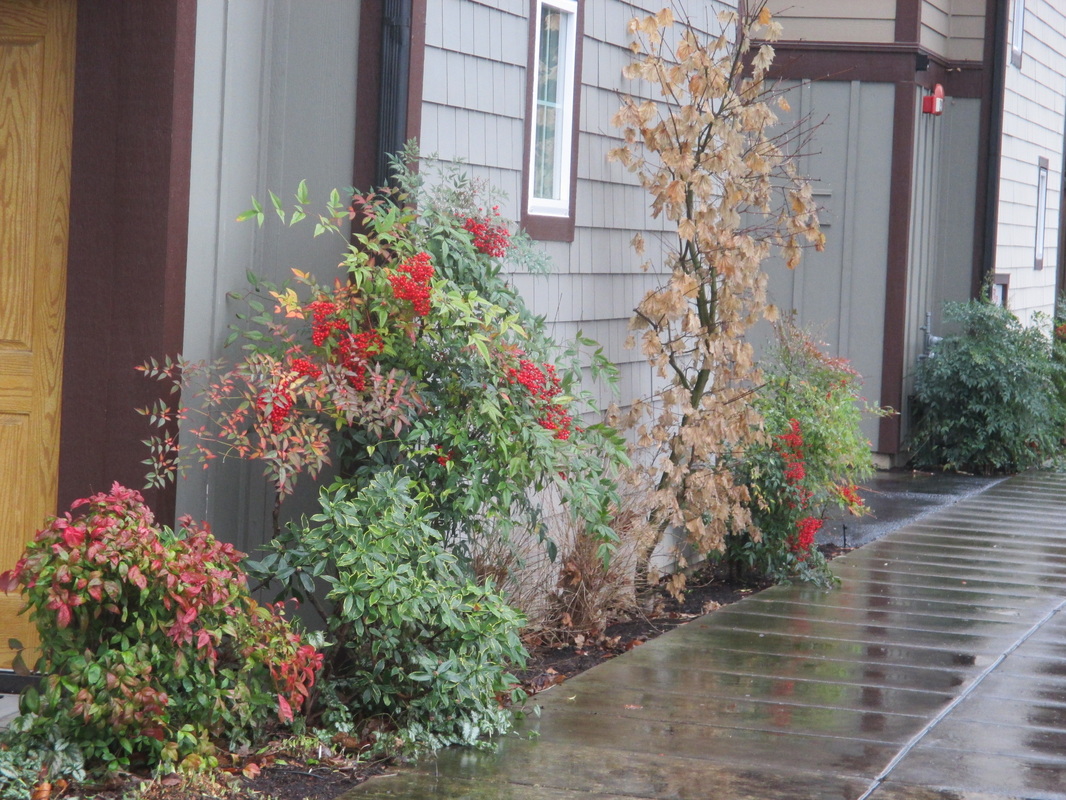
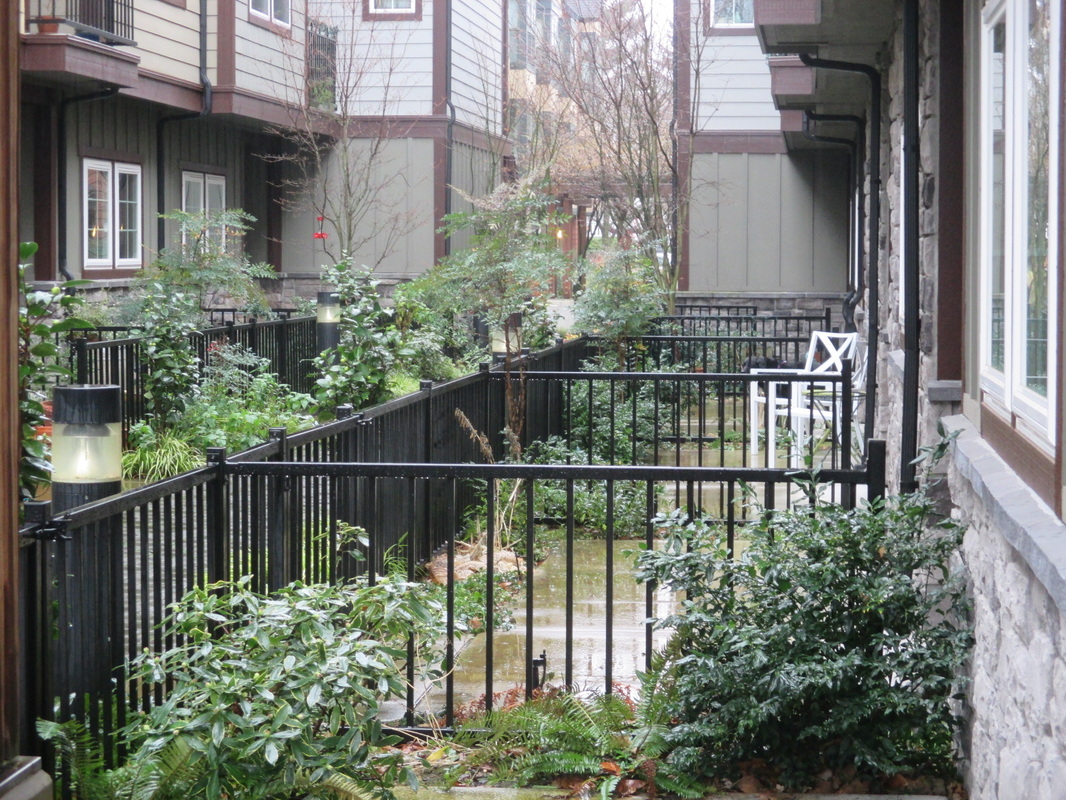
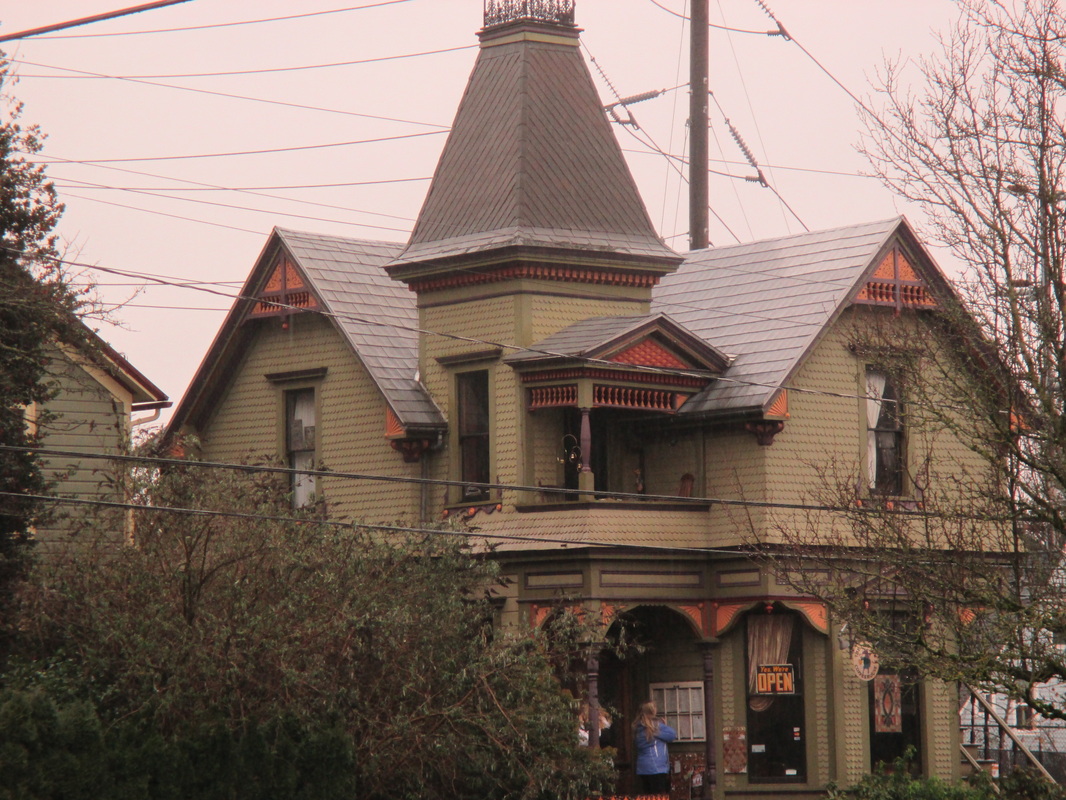
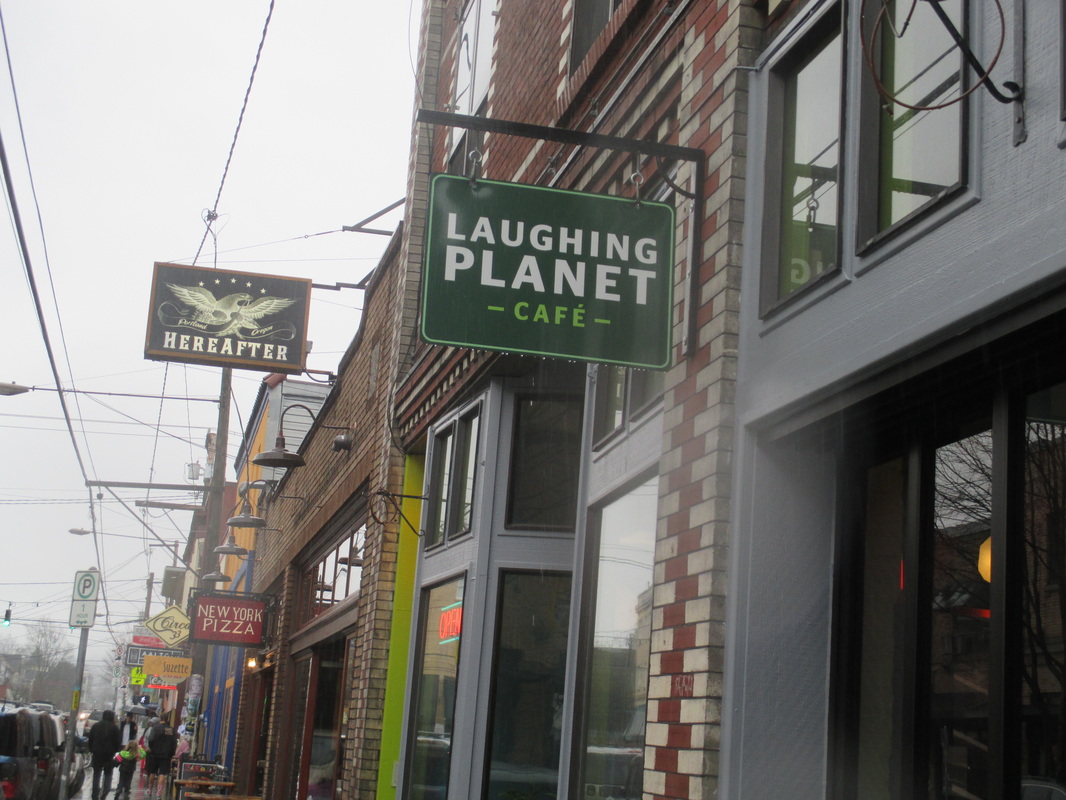
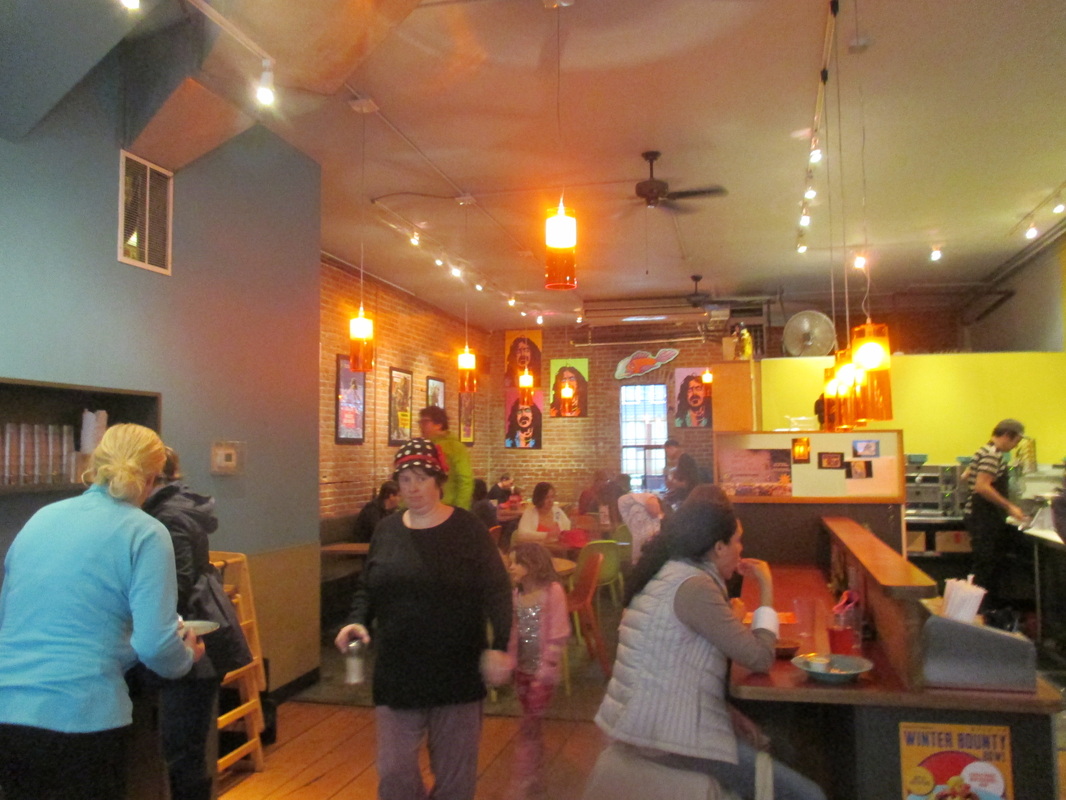

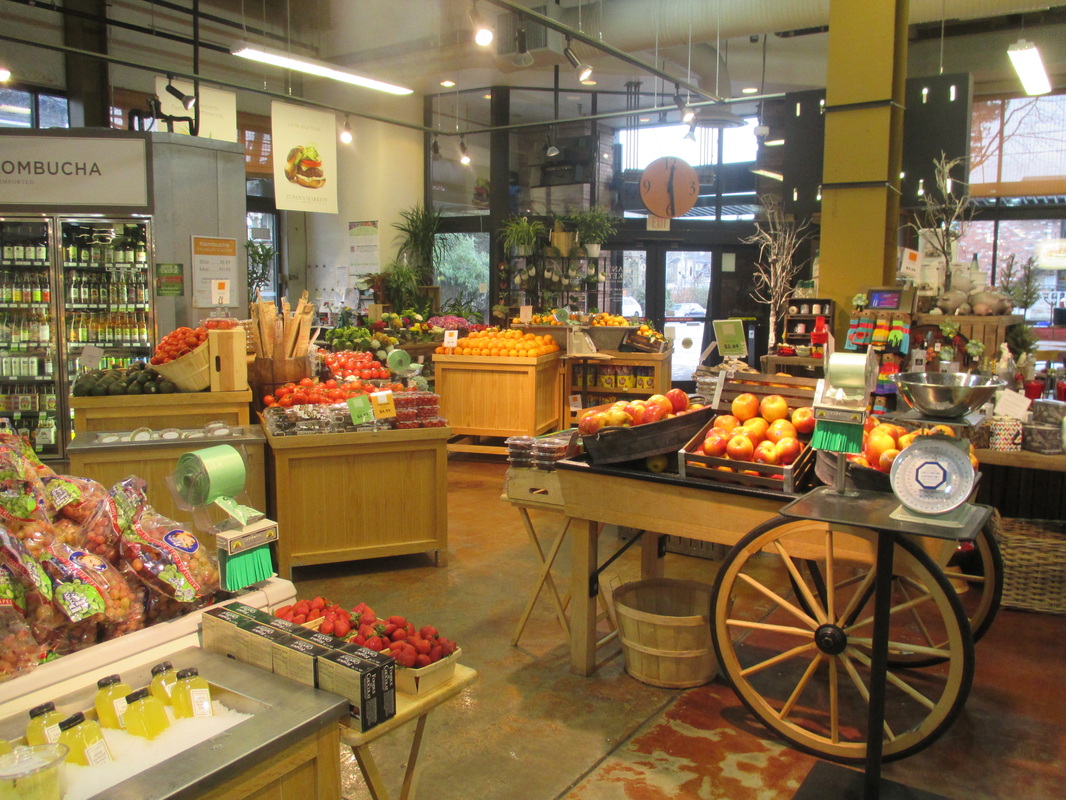
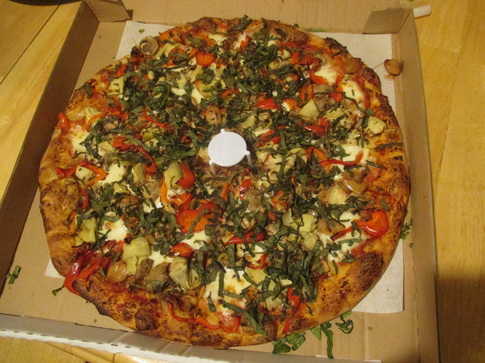
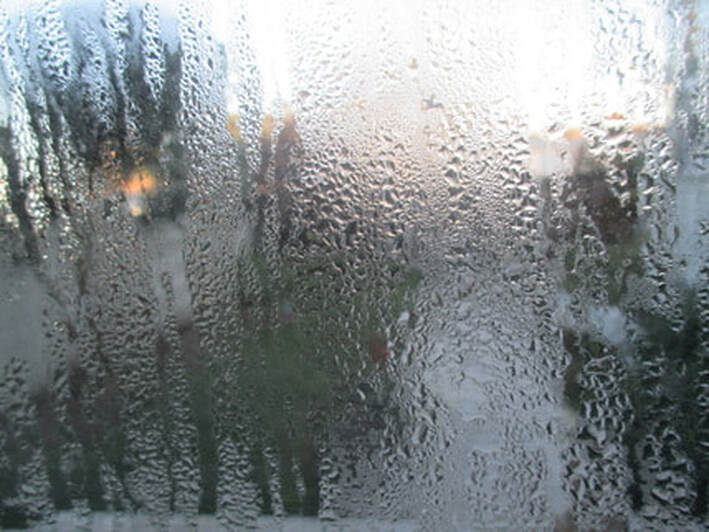
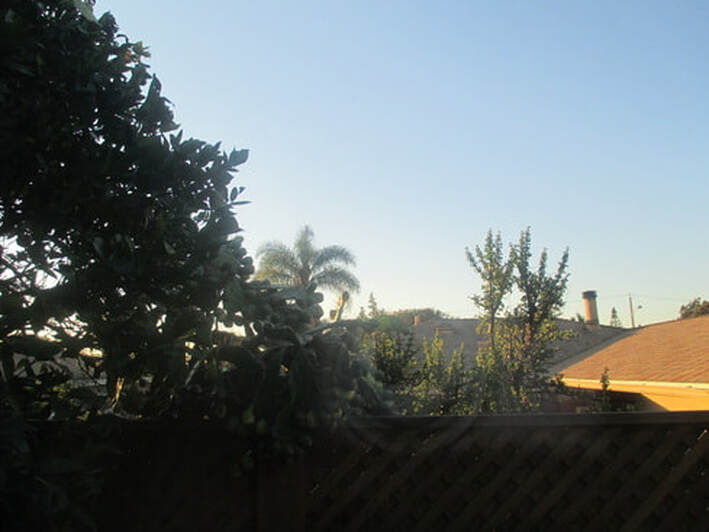
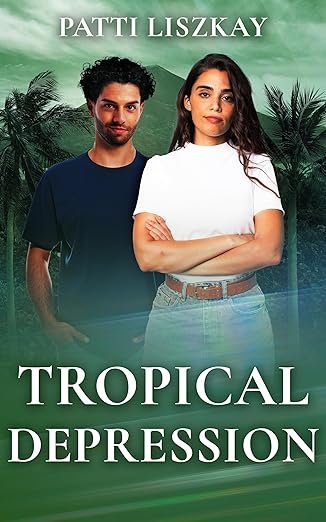
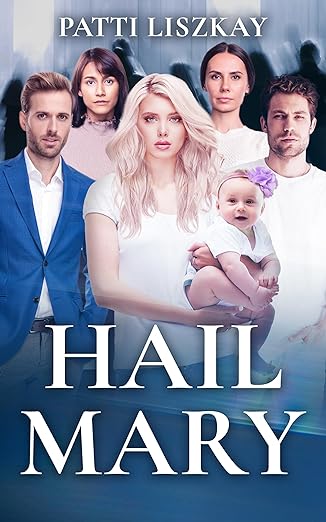
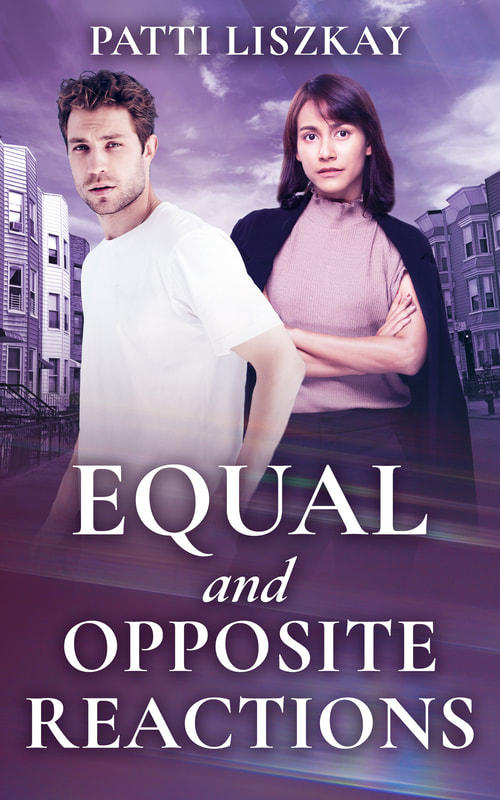
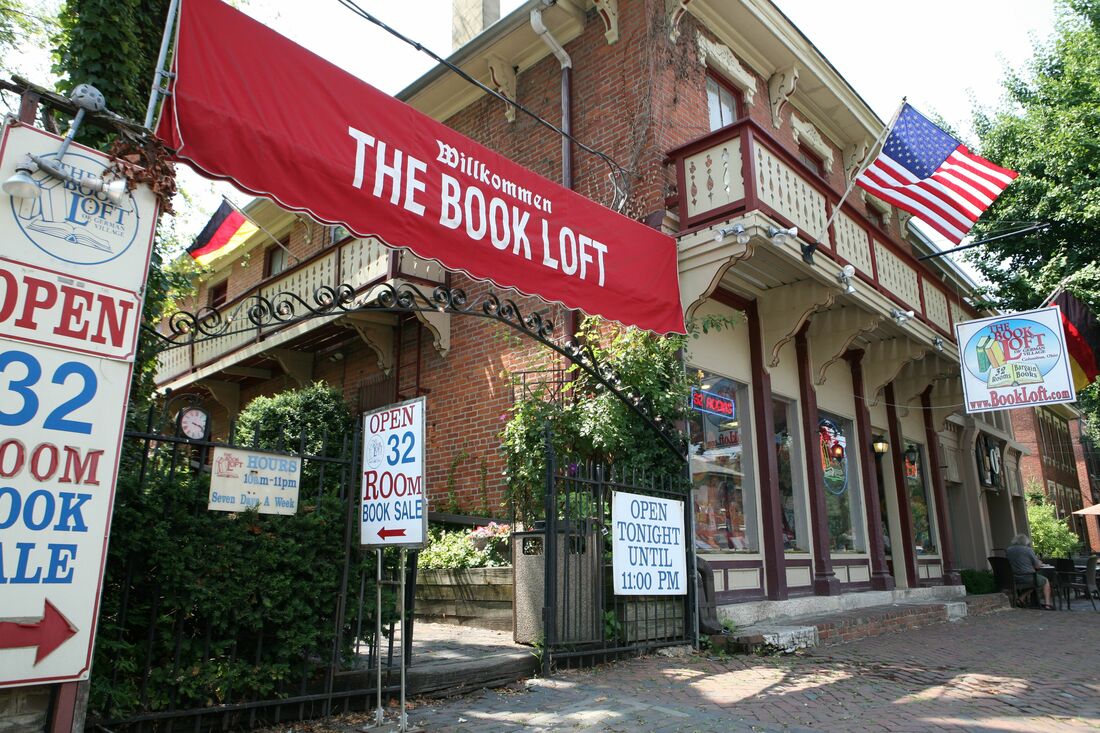
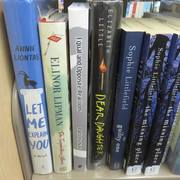
 RSS Feed
RSS Feed